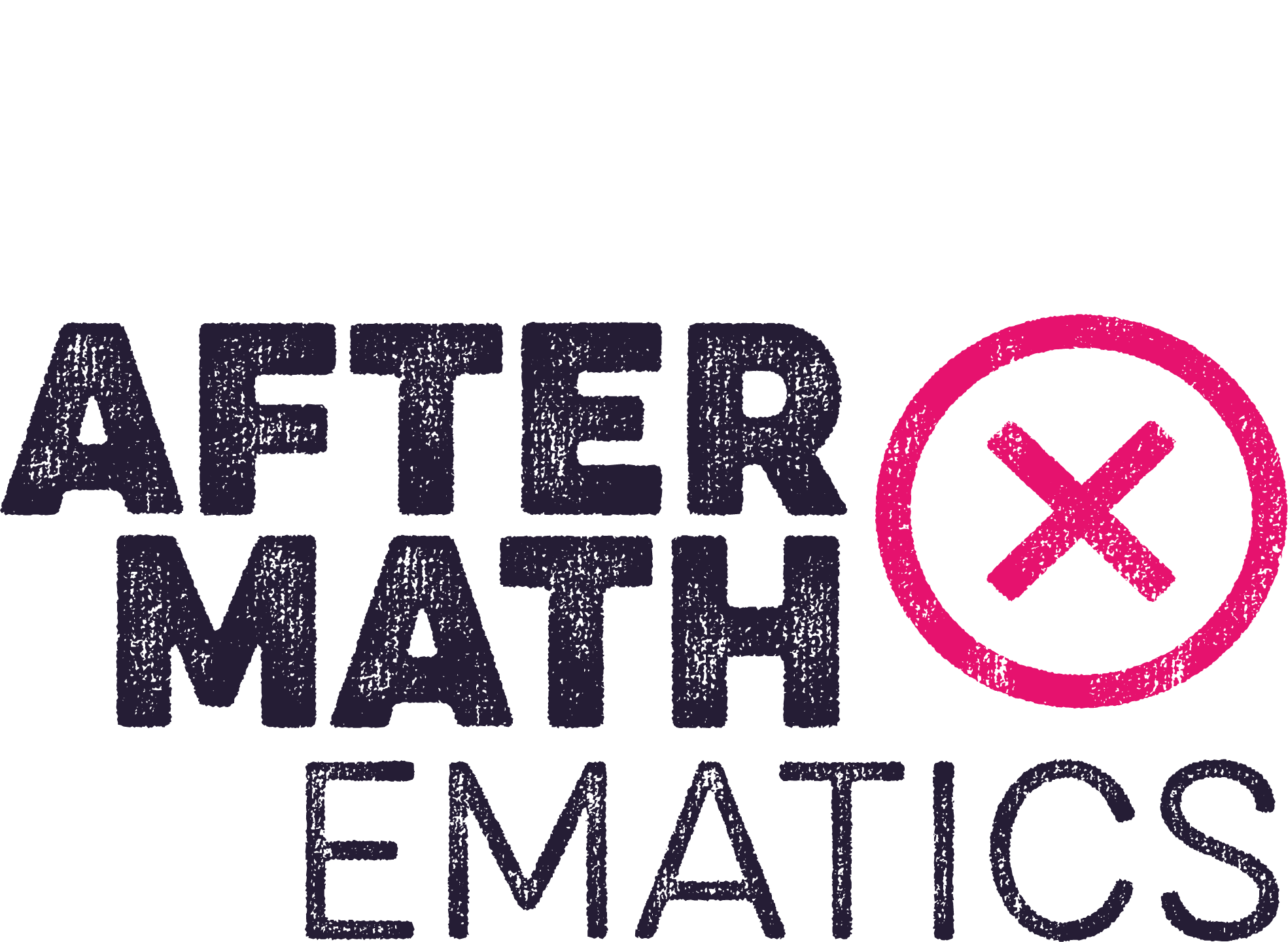R is for Rupture

Everywhere our lives are dominated by capital… by the law of value, by the rule of markets, by the worship of money.
It feels like we’re always at work, always looking for work, always recovering from work, always thinking about work.
It’s no wonder that it’s so difficult to imagine a world beyond this one.
On top of that there’s a never-ending battle to define the limits of what is acceptable. Those with money and power organise themselves in order to keep that money and power. And, most of the time, their views prevail.
Social scientists call this the “Overton window”, the range of ideas that are considered acceptable at any one time.
The Overton window sets the agenda. It frames the questions to get the answers that best serve those in power.
All of this means that, most of the time, a life outside capitalism is literally unthinkable.
We’re told that the best we can hope for is a nudge of the Overton window, a slight shift that will make our lives a little less shit. That’s the promise of social democracy, of those who believe the most realistic path to change is a long, slow march through the institutions.
But every now and then a foot smashes through the Overton window. Work stops. And everything opens up…
Ruptures are those moments when there is a massive and sudden shift in our notion of what is possible.
Sometimes those ruptures are a result of conscious actions. The long, slow shift in attitudes to sexuality, for example, might appear to be a smooth progression to a fairer, more equal society… but behind the corporate whitewashing and the sanitised history, there lurks a series of furious confrontations and ruptures, often of the most ‘violent’ kind.
At other times, those ruptures appear as events outside of our control. War. Financial crisis. Pandemic.
Of course, ruptures don’t immediately change the material reality around us. But they change the way we view that reality. They offer a different lens.
Ruptures puncture the fabric of the social relations that surround us. They break the logic. For a moment, it seemed that Covid had given us the time and space to ask the one question worth asking.
That shift in framing is crucial. It allows us to ask questions that would otherwise be literally unthinkable. All of a sudden other things become possible.
This is exactly how the dictatorships in Eastern Europe fell. Regimes that had seemed impregnable right up to the day before simply collapsed like a house of cards.
We live in capitalism. Its power seems inescapable. So did the divine right of kings.
REFERENCES AND INSPIRATION
The image of a foot smashing through the window is from the occupation of the Tory Party HQ at Millbank during a protest against the tripling of tuition fees in November 2010. It was an explosive moment, crystallising a new generation of anti-austerity, extra-parliamentary politics in the UK at almost exactly the same time that the Arab Spring was starting to unfold across north Africa. Both of these ‘movements’ became part of a wider series of global struggles that attempted a decisive break with the logic of capitalism. The image of a burning police car comes from the so-called ‘White Night’ riot of 1979, when thousands took to the streets of San Francisco, enraged by the voluntary manslaughter conviction of Dan White in the fatal shootings of Mayor George Moscone and city supervisor and gay rights activist Harvey Milk. It was the most furious uprising of the sexual liberation movement since Stonewall – which was itself a riot. The Bertolt Brecht billboard is an excerpt from his ‘In Praise of Doubt’ poem. The final lines about the divine right of kings are from Ursula Le Guin’s brilliant 2014 speech; the image comes from the moment when Prince Charles (heir to the British throne) and his wife Camilla inadvertently drove through student protests in London a month after Millbank. Their car was covered with paint, a window was smashed and people could be heard chanting “Off with their heads!”
